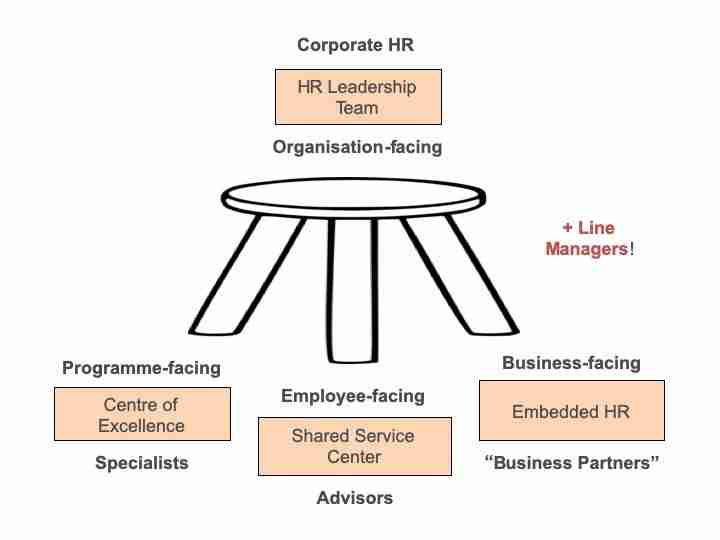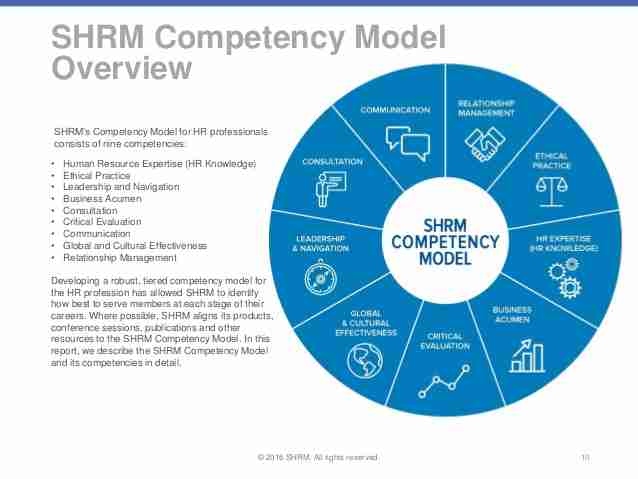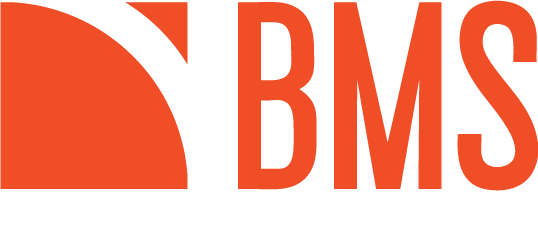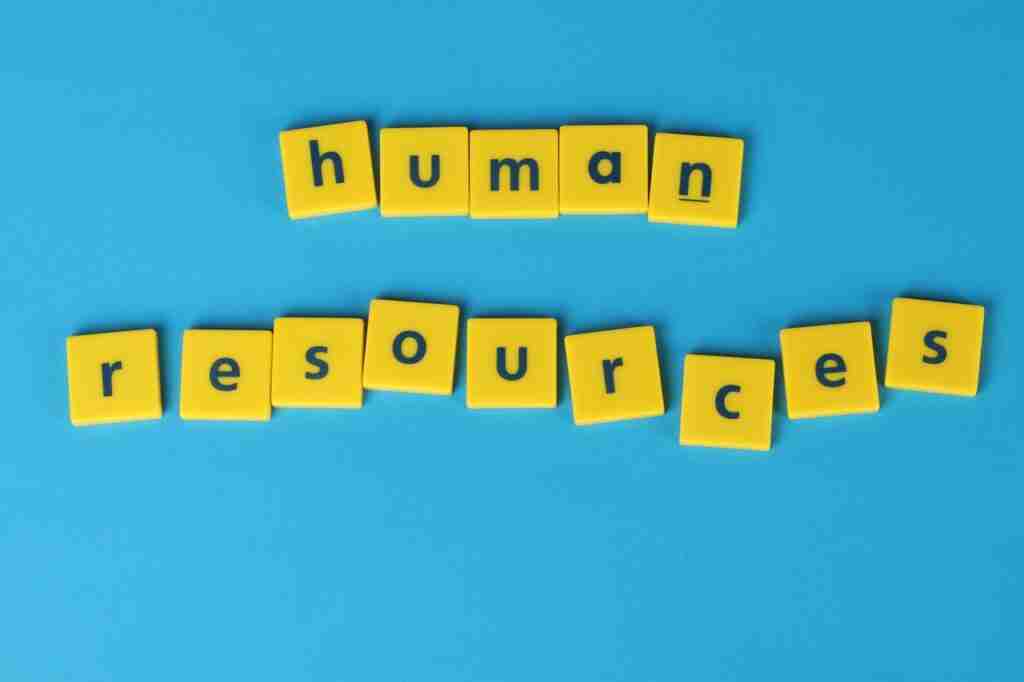A Career in Human Resources. None of your studies will have prepared you in full if you decide to make a career in Human Resources. From day one in a professional setting, you will have to start learning new aspects from the complex relationship between people and organizations. Moreover, you will have to deal with the baggage HR has loaded onto itself over the past 5 or 6 decades.
The only viable path forward is to master HR processes and systems in depth, alongside business related knowhow so you can talk “dirty” with the business stakeholders. The key enablers to establish credibility are your personal interpersonal skills, leading to a capacity to influence individuals and groups.
From personal practice, this article advocates that from day one you embrace HR’s mission as to make sure that the talent that the business needs to survive and to grow, is available and ready, on a position and on a group/organization level.
Effective delivery on this mission will buy you an entry ticket to the meetings where strategic options for the company are debated and decided – your contribution here focuses on the people capabilities available and required , not on some fuzzy theory or dreams
And accept that your career in HR will not be a guided tour, rather a journey.
A Career in Human Resources, HR in Perspective

From the late 1950-ies, up to the end of the century, the HR function went through several role shifts, from purely administrative and operational to people strategy implementation. A rough snapshot of timelines and role definitions looks like this, but the validity is very dependent on geographical location and business/company context:
- 1960: administering payroll and welfare programs e.g. company housing, free food, mutual medical insurances at company or sector level
- 1970: handing out written warnings and executing dismissals to rulebreakers as the Conscience (Ueber-Ich) of the organization
- 1970: managing union participation and collective bargaining throughout the 20th century
- 1980: organizing basic training courses in people management skills for line managers with a technical background
- 1990: participating in the company’s business management with a seat at the management committee table, when people became the firm’s greatest asset
Major developments in technology in the late nineties (internet gaining warp speed) decimated large chunks of the bureaucratic – hierarchical – organization model and replaced it with a hybrid networked model – and that in itself enabled the current human capital movement.
David Ulrich (https://en.wikipedia.org/wiki/Dave_Ulrich) is one of the most recognized thinkers and writers in the field of HR. From 1996 up till now he published progressively refined and revised books on a career in Human Resources.
Currently there seems to be consensus building around a 3-legged stool model, based on Ulrich’s writing but not formulated by him:

- D. Ulrich, HR Transformation and other books . Below’s article gives an overview in brief for a variety of dimensions .
- https://www.peoplemattersglobal.com/article/talent-management/dave-ulrich-on-the-new-normal-for-hr-22043 )
- https://www.dtssydney.com/blog/in_a_nutshell:_strategic_hr_business_partnering_(ulrich_model)
- https://www.economicshelp.org/blog/26076/economics/human-capital-definition-and-importance/
Indeed, the role of HR has been under debate for the past 4 decades – often generated by the HR community, sometimes stoked by line managers/CEO’s and other times via academics who want to sell books. This on-going debate hasn’t added to the credibility of the HR practitioners in the field, unfortunately: an HR newcomer in a company has to prove his/her personal value and contribution to the business just like anybody else; on top, they have to establish the credibility of HR as a function while doing so. Nobody questions the role of accounting, engineering, or other business support function.
One of the reasons why A Career in Human Resources has had such a hard time making themselves heard was that many of the “services” and “programs” HR brought into the organization were ill-researched, flawed, and didn’t do anything for the business or the people. A couple of examples:
- Transactional Analysis as a tool for coaching
- DiSC as a valid tool for understanding and adapting work-behaviors
- “Annual performance ratings enhance performance”
- Belbin team roles can help build complementary and well-performing teams
- Herrmann Brain Dominance Instrument measures 4 thinking styles ….
- And unfortunately many more …..
Neither of them have passed basic scientific hurdles for reliability and validity.
Few business people ever trusted them completely, except HR folks, it seems.
You can find an encyclopedic overview of the myths, truths, and half-truths in Patrick Vermeren’s book, “ A Skeptic’s HR Dictionary”, 2019. https://www.askepticshrdictionary.com/
In conclusion: if you decide to make HR your career, your competencies, your judgment, and your character better be above par!
How different is A Career in Human Resources from other functions?
“Human Resources isn’t a thing we do. It is the thing that runs our business.”
– Steve Wynn, famed casino owner, Trump supporter, etc.. https://en.wikipedia.org/wiki/Steve_Wynn
When selecting and hiring an HR Manager, clients ask us to screen candidates in the first instance by matching their past company context with one of the hiring companies.
CONTEXT DEFINING VARIABLES
What are the variables playing a role in this assessment:
- Company size measured in terms of headcount – “span of oversight” that a candidate has dealt with. The business context is often one of the big manufacturing operations, with a monolithic, hierarchical structure where cultural homogeneity contributes to efficient execution
- Business Complexity:
- Single product or service
- Multiple business units with broad international reach with a similar value chain or product category
- Conglomerates of multiple, unrelated product lines and business units, spread globally
Each of these types of organizations will require a matching service delivery model for A Career in Human Resources.
and people familiar and comfortable with working there.
- Pace of change in the business: is swiftly becoming a marked differentiator for the selection of an HR manager: can s/he adapt to the speed, can s/he anticipate the upcoming disruption and effectively deal with it?
An interesting story about how A Career in Human Resources can deal with disruption is when Pixar took over Disney Studio at the push of Apple’s Steve Jobs. Ed Catmull, the head of Pixar was appointed MD of Disney. When he first sat down with the HR director, she presented him with a 2-year plan that laid out exactly how they should manage various staffing issues going forward. The document was specific about targets and timelines. Ed drew pictures for her (as you could expect from the head of 2 cartoon companies) illustrating that a target on itself was limiting and stopped you from thinking about other possibilities and eventually ending up beyond your target.
E. Catmull, Creativity Inc., 2014, pg256-257
- Product or Service Technology
Line managers are always charmed when HR candidates can talk “dirty”, meaning when they can speak the language of their business (product, service, sector..) and it makes sense: integration might run a lot more smoothly and faster. But as often proven, it is a short term benefit.
What is the impact for HR practitioners on building a lifelong career?
You can’t undo your past obviously – but it indicates the importance of your early job choices and how they might define the rest of a career in Human Resources.
CAREER STEPPING STONES

First of all, an academic degree will only bring you so far in a career in Human Resources, and better prepare yourself for lifelong learning in fields that are/were not your own. It speaks for itself; HR should not be afraid to make their hands dirty – and be in the center of the action, rather than a limiting sideline advisor.
A Career in Human Resources will always require a diverse set of skills as is illustrated by the competency models from the SHRM (US), CIPD (UK), PMAT(Thailand), and others.

PMAT Personnel Management Association of Thailand – ppt ดาวน์โหลด
There seems to be more or less consensus on clusters of competencies concerning
- HR technical,
- Business,
- Interpersonal
- Leadership .
HR Technical refers to knowledge concerning all of the HR services that the organization is expecting from HR: labor law, recruitment, people development, employment and employment relations, compensation, and benefits.
Without in-depth knowledge of each of these domains, there is no viable path to success long term. Every step on the seniority career ladder has its specific knowledge that a serious HR person has to acquire and master. It is probably not possible to make career rotations through each specialty – meaning that as a generalist you will have to study double-hard to bring you up to speed.
First Mantra for A Career in Human Resources: get your basics lined up as a Pro. After all, no company will hire – let alone continue to employ an electrician who is not able to read and design an electrical wiring diagram. With all the fuss made about leadership and business acumen, HR professionals should make sure not to be blinded by all the glitz and in the first instance get to know the basics of their trade and keep up with the recent evolutions.
In the second instance, interpersonal skills are the key enabler to deliver the HR services effectively. Communication in all of its forms and levels plus relationship management are the key skills. While some might have more natural talent than others, it requires training and persistence to excel at each.
Business knowledge and Leadership both require stepping out of your comfort zone: take on an assignment as a line manager when the opportunity arises.Volunteer for business-related projects where you can showcase that your understanding of people is an identifiable Plus and not a hindrance. Try to run your own small company, where you are accountable to get clients to sign on the dotted line.
What about the dark horse in the room: strategic HR and organization development?
Most discussions and frictions over the role of HR in an organization have always centered on this subject: are HR professionals qualified to be in the room when and where decisions are made about the strategic choices and pathways for the company?
It depends!
It depends whether or not you have done your homework and established your credibility as a valuable contributor in assessing and developing the make-or-brake capabilities of a company.
Those capabilities reside in technology, in the brand franchise, in financials, in geographical location. All managed and shaped by decisions made by the people in your company.
You could be if you follow the best advice I have ever had very late in my career from the last CEO that I worked for:
Your job (HR) is to make sure that the talent that the business needs to survive and to grow, is available and ready.
If you accept this as your mission and build this mission effectively into your HR systems and processes, your ideas and your opinions will be valued and in high demand. During the process, you can make the transition from the case by case individual solutions that you bring to the table to the broader group and organization-wide people strategies.
This mission is applicable from your entry job as A Career in Human Resources or Specialist, step by step moving up a traditional single career ladder or a dual ladder moving between generalist and specialist roles in HR or if you won’t have real fun: spiralling between HR and Line positions.
A Career in Human Resources is a Journey, not a Guided tour


